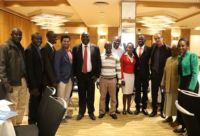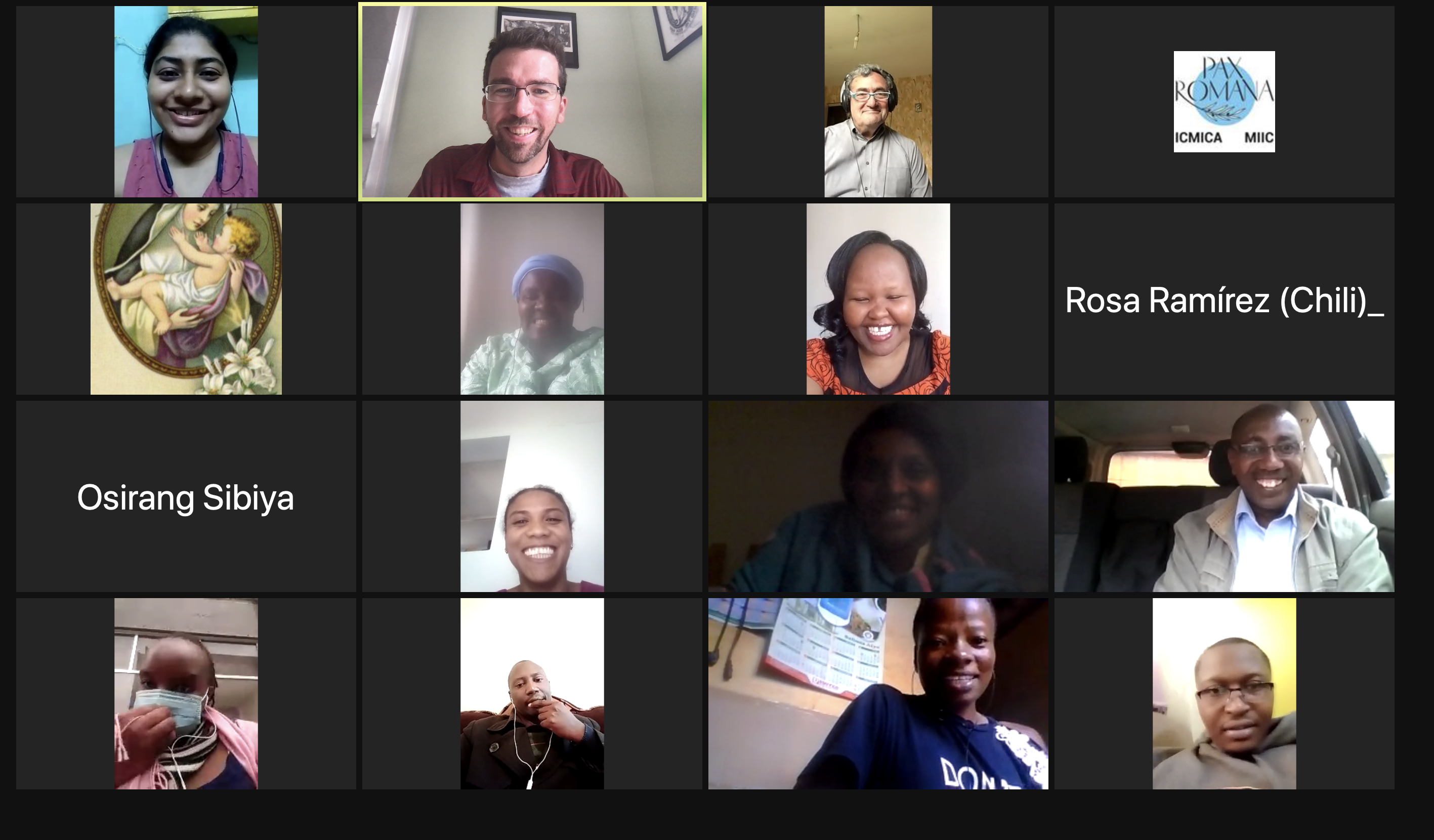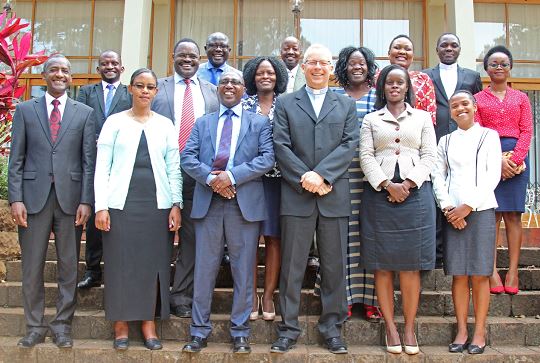
During the two-day meeting CSOs were able to debrief their initiatives and discuss activities and results achieved since the first workshop that was held in March 2015 as well as outlined the challenges they were facing in their work. Some of the challenges included; lack of adequate funding opportunities that specifically target UPR activities, Lack of awareness among the citizenry about the UPR process lack of a joint coordination framework that can bring together all human rights actors to create a synergy to work together. The CSOs discussed the adoption of the report of Kenya in the Human Rights Council and importantly updated their implementation plan and action strategy in order to be more effective in their work.
On the first day the CSOs actively participate and cooperatively engaged in a Plenary discussion and later broke into 6 thematic focus groups where organizations would focus on recommendations that fit into their core objectives as organizations and also where they have expertise. These thematic areas included;
- Economic and Social Rights
- Civil and Political Rights
- Women and Children
- Other Vulnerable Groups
- Sexual Minorities
- Gender Identities
KMCP Paxromana and Franciscans International participated in the Economic and Social Rights Group while Edmund Rice Advocacy network participated in the women and children focus group. This was informed by their strength and interest to the recommendations that fit in this areas as well as their previous and current programmes in this areas.
The second day of the programme was dedicated to a dialogue session between Civil Society Organizations (CSOs) and representatives from the Government who included; officials from the Judiciary, Attorney General’s office, Justice department, Prisons Service, National Police Service, Kenya National Commission on Human Rights and many other Government departments that will be tasked in implementing the recommendations.
The stakeholders dialogue was very successful; it was characterized by constructive engagement between the two sides which culminated with an agreement to cooperate for the successful implementation of UPR recommendations in Kenya. It was also agreed that this be the basis for further encounters and cooperation between the CSOs and the Government.
The government side also gave an undertaking to consult further with a view of strengthening the existing monitoring platform i.e. the Advisory Committee on International Human Rights Obligations, to give it a wider representation and a true reflection of the diverse membership of the CSOs working in the area of Human Rights in Kenya. The dialogue final output was a way forward on how the UPR recommendations will be implemented and monitored.
The aim of the UPR process is to improve the human rights situation within a given country. It is hoped that the process will result in commitments by the Kenyan government to improve the human rights situation in the country. This is Kenya’s second cycle of review having undergone the first cycle process between 2010 and 2015.
Nairobi, Kenya 13th -14th July 2015




Leave A Comment
You must be logged in to post a comment.